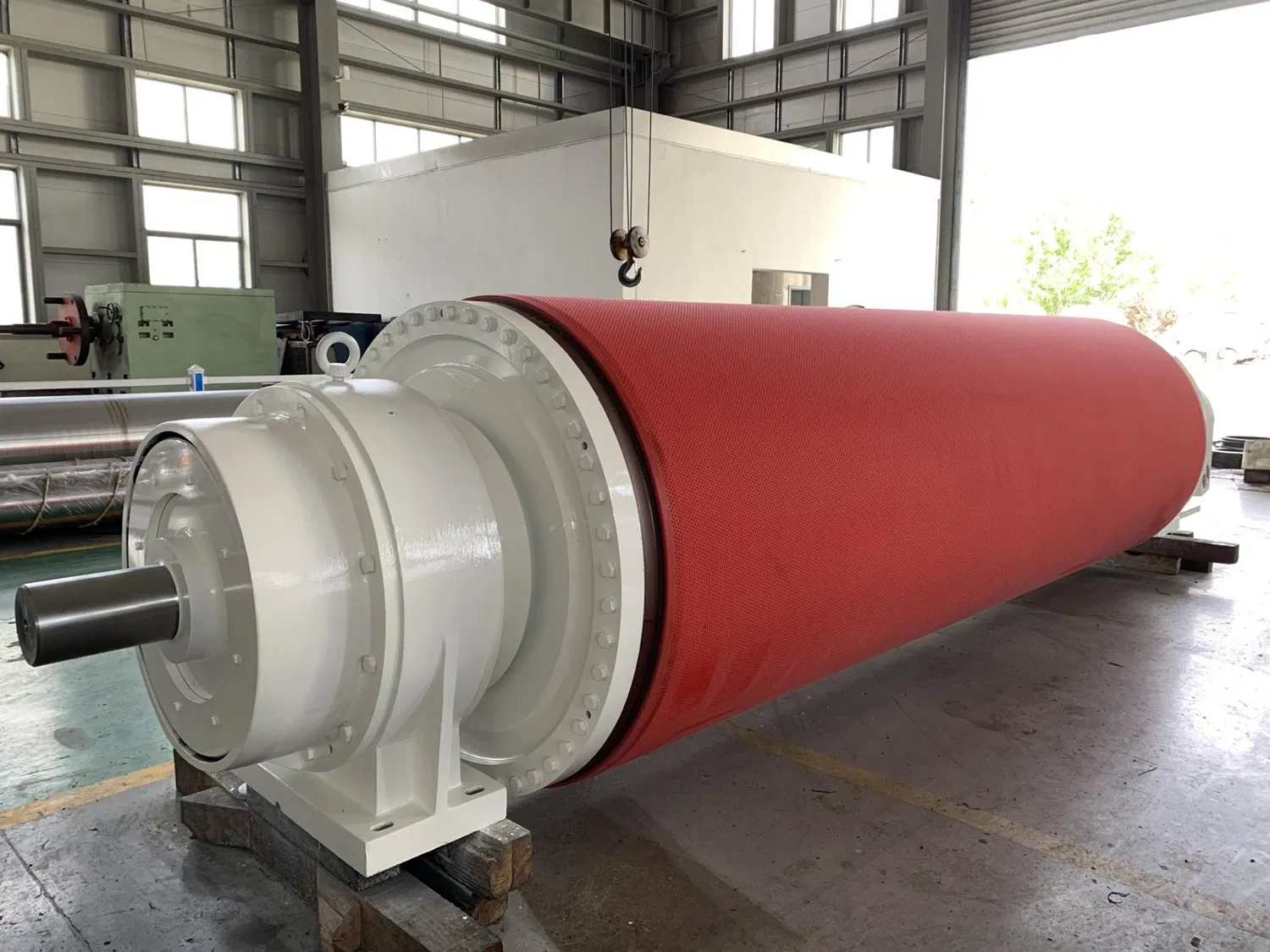The Importance of Quality Standards and Certifications
In the paper industry, the performance of paper machine rolls is crucial for achieving high-quality products. Quality standards and certifications for paper machine rolls are essential for ensuring that these components meet the necessary requirements for optimal performance, safety, and reliability. These standards and certifications provide a framework for manufacturers and end-users to evaluate and compare the performance of different rolls, and to make informed decisions about their selection and use.
Industry-Recognized Quality Standards
There are several quality standards that are widely recognized and accepted in the paper industry. Some of the most important standards include ISO 9001:2015, which sets out the requirements for a quality management system; ISO 14001:2015, which focuses on environmental management; and OHSAS 18001:2007, which sets out the requirements for occupational health and safety management systems. These standards help to ensure that paper machine rolls are manufactured using best practices, and that they meet the needs of the industry in terms of performance, safety, and sustainability.
Certifications for Paper Machine Rolls
In addition to complying with quality standards, many paper machine roll manufacturers also seek certifications from third-party organizations. These certifications provide independent verification that the rolls meet certain performance criteria, and can help to give end-users greater confidence in the quality and reliability of the products. Some of the most common certifications for paper machine rolls include CE marking, which indicates compliance with EU safety and health regulations; UL certification, which indicates compliance with US safety standards; and FSC certification, which indicates that the rolls are made from sustainably sourced materials.
Benefits of Quality Standards and Certifications
There are many benefits to using paper machine rolls that meet quality standards and have been certified by third-party organizations. These benefits include improved performance and reliability, reduced downtime and maintenance costs, increased safety and sustainability, and enhanced customer satisfaction. By choosing rolls that meet these standards and certifications, paper manufacturers can ensure that they are using the best possible components for their machines, and that they are producing high-quality products that meet the needs of their customers.
Conclusion
Quality standards and certifications are essential for ensuring that paper machine rolls meet the necessary requirements for optimal performance, safety, and reliability. By choosing rolls that meet these standards and have been certified by third-party organizations, paper manufacturers can improve their operations, reduce costs, and enhance their reputation for quality and sustainability. As the paper industry continues to evolve, it is likely that the importance of quality standards and certifications will only continue to grow.



